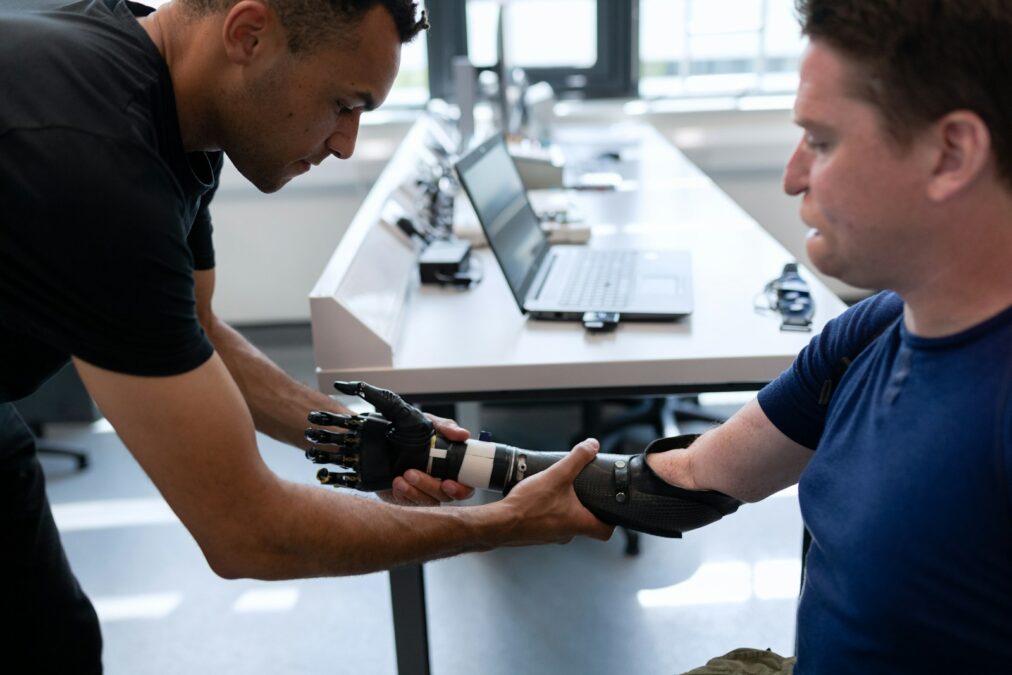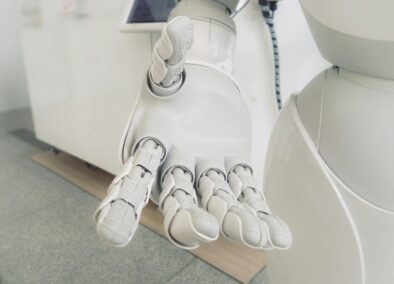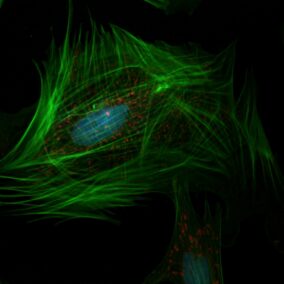Revolutionizing Personalized Treatment
Machine learning has emerged as a game-changer in the field of physical therapy, revolutionizing the way personalized treatment plans are developed and implemented. By leveraging vast amounts of patient data, including medical history, diagnostic images, and real-time monitoring metrics, machine learning algorithms can analyze patterns and trends to tailor treatment regimens to individual needs. This level of personalization enables physical therapists to address specific areas of concern more effectively, resulting in better patient outcomes and enhanced recovery rates. Moreover, machine learning algorithms can continuously learn and adapt based on patient feedback and progress, refining treatment plans over time to optimize results.
Improving Rehabilitation Outcomes
One of the key areas where machine learning is making a significant impact in physical therapy is in improving rehabilitation outcomes for patients recovering from injuries or surgeries. By analyzing data on patient mobility, range of motion, muscle strength, and other relevant metrics, machine learning algorithms can predict recovery trajectories and identify potential barriers to progress. This allows physical therapists to proactively adjust treatment plans, set realistic goals, and provide targeted interventions to support optimal recovery. Additionally, machine learning-powered rehabilitation programs can incorporate interactive exercises, feedback mechanisms, and progress tracking tools to engage patients and motivate them to adhere to their treatment plans, leading to faster and more sustainable rehabilitation outcomes.
Enhancing Healthcare Efficiency
In addition to improving patient outcomes, machine learning is also driving efficiency gains in healthcare delivery by streamlining administrative processes, optimizing resource allocation, and reducing treatment costs. By automating tasks such as appointment scheduling, documentation, and billing, machine learning algorithms free up valuable time for healthcare providers to focus on patient care. Furthermore, by analyzing data on treatment outcomes, resource utilization, and patient satisfaction, machine learning can help healthcare organizations identify areas for improvement and implement evidence-based practices to enhance overall quality of care. Ultimately, the integration of machine learning into physical therapy practices is not only enhancing the personalization and effectiveness of treatment regimes but also contributing to the broader goal of improving healthcare delivery and patient outcomes.
Transforming Rehabilitation Practices
Machine learning algorithms have transformed rehabilitation practices by enabling physical therapists to take a more data-driven approach to treatment planning and monitoring. Through the analysis of large datasets encompassing patient demographics, medical history, and treatment outcomes, these algorithms can identify patterns and correlations that human clinicians may overlook. This deep understanding of patient characteristics allows for the creation of highly individualized rehabilitation programs tailored to each patient’s unique needs and goals. By incorporating machine learning-powered tools into their practice, physical therapists can optimize the allocation of resources, minimize treatment variability, and maximize the likelihood of successful outcomes.
Optimizing Resource Allocation
One of the key benefits of integrating machine learning into physical therapy is the optimization of resource allocation. By analyzing historical data on patient caseloads, treatment durations, and resource utilization, machine learning algorithms can predict future demand and recommend staffing levels, equipment investments, and scheduling protocols to ensure efficient operations. This predictive modeling enables healthcare organizations to proactively address capacity constraints, mitigate bottlenecks, and optimize workflow efficiency. As a result, physical therapy clinics and rehabilitation centers can deliver high-quality care to a larger patient population while minimizing wait times and maximizing staff productivity.
Empowering Patient-Centered Care
Machine learning is empowering physical therapists to deliver more patient-centered care by providing insights into patient preferences, motivations, and barriers to adherence. Through the analysis of patient-reported outcomes, sensor data, and behavior patterns, machine learning algorithms can identify factors that influence treatment adherence and engagement. Armed with this information, physical therapists can personalize interventions, tailor communication strategies, and offer targeted support to help patients overcome obstacles and achieve their rehabilitation goals. By fostering a collaborative and empowering environment, machine learning-enabled physical therapy practices empower patients to take an active role in their recovery journey, leading to improved satisfaction and long-term success.
#MachineLearning #PhysicalTherapy #Personalization #Rehabilitation #HealthcareEfficiency #PatientOutcomes























